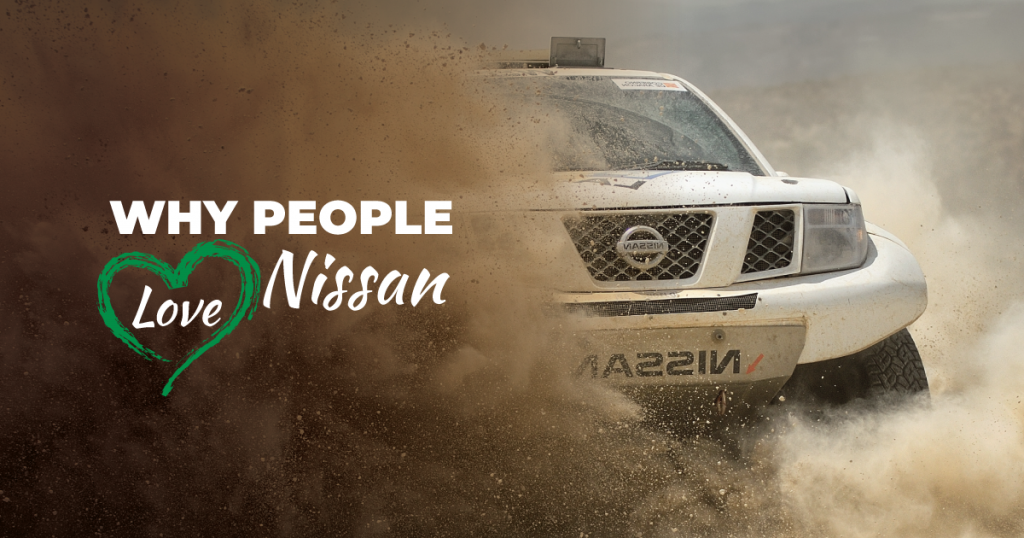If there’s a vehicle brand that is firmly etched in the hearts and minds of Kenyans, it’s the second largest Japanese brand, Nissan. The company was started in 1911 and was the pioneer vehicle manufacturer under the name Kaishinhsa Motor Car Limited. It then became DAT Jidosha Limited in 1928 and eventually changed to Nissan Motor Corporation in 1931.
They were very popular in Japan as they built heavy-duty trucks and efficient small cars before the second world war. After the war, Nissan began to export its vehicles to many markets including Kenya (1958) sold by DT Dobie Limited under the Datsun brand.
The 60s and 70s
Datsun vehicles became very popular soon after independence. They were immediately loved by many as they were affordable, easy to maintain. They upset the local motor industry that was predominantly dominated by European brands like Vauxhall, Austin, Morris and Ford. The 120Y, 160Y and the ‘Debe’ pick up were revered by many.
When Nissan bought out Prince Motors Limited, it heralded the beginning of Nissan’s love affair with high-performance cars and Motorsports. The Datsun 260z ‘fairlady’ won the much-coveted Safari Rally in the 70s and 80s, proving that Datsun vehicles were as strong and durable.

The 80s and 90s
DT Dobie began assembling the famous E24 Nissan ‘Matatu’ in the late 80s and herald the Nissan boom in Kenya. As the vehicle market was liberalised in 1994, many Kenyans began to import Nissan vehicles including the Nissan Sunny, Bluebird, Laurel, Patrol, Sahara pick up and the Urvan (that dominates the 14-seater segment to date) vehicles. Nissan vehicles were significantly cheaper than rival Toyota models yet they offered similar comfort and efficiency. Nissan spare parts were and still are readily available.
The pick-up segment gathered steam in the early 2000s with the introduction of the NP300 ‘Atoti’ pick up. The market was ready a utility vehicle suitable for work and play. The Atoti was a proven success which led to the introduction of the Navara, a pick up that brought refinement in that segment

The Future
Nissan is now at the forefront of electrification with its Leaf hatchback, making it the largest electric vehicle manufacturer in the world. The Leaf has a range 460 kilometres on a single charge. As the world gradually gravitates towards the electric mobility, Nissan is keen to see this technology trickle into sub-Sahara Africa. Kenya leads the way as already there’s an all-electric taxi company that operates a fleet of Nissan Leaf vehicles plus soon their Leaf will be officially launched in Kenya.
Nissan also is working hard to counter fake spare parts, with the introduction of cheaper original replacement parts, that are 30% cheaper with a warranty. Another reason why Kenyans will continue to be in love with Nissan.

Visit Cheki Kenya to view your favourite Nissan model. You can also import it via ChekiPort, the stress-free way.
